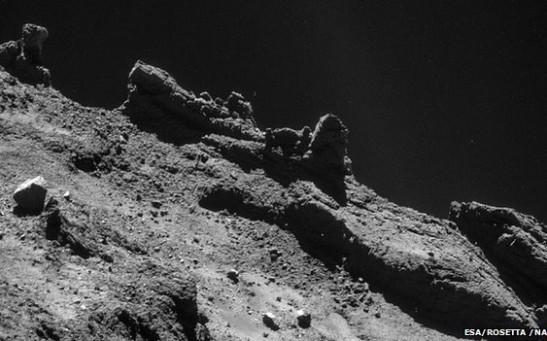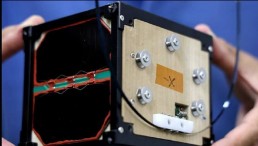space
Total Solar Eclipse 2015—Were You Underwhelmed?
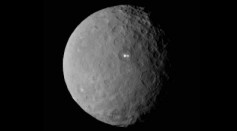
Scientists Believe Ceres Might Have A Volcano

NASA Orbiter Detects Ultraviolet Auroras on Mars
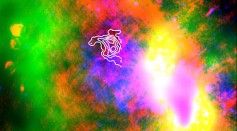
Striking It Rich in Supernovae Dust at the Center of the Milky Way Galaxy
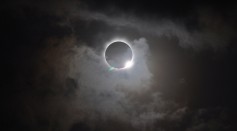
Solar Eclipse Guide March 2015—How To Watch it Tonight From Anywhere on Earth
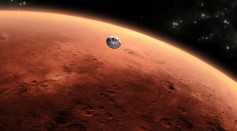
Buzz Aldrin Sends Message on Mars to NASA
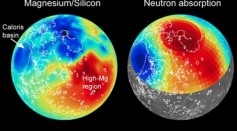
New NASA Maps Reveal Secrets of Mercury
Researchers Fly Kites on Earth to Study Mars
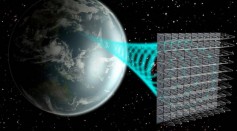
Scientists Shed Light on Beaming Solar Power from Space
China's Lunar Rover Reveals Moon's Complex Geological History
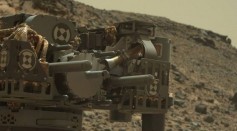
Curiosity Rover Once Again Has Arms
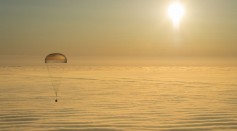
Astronauts Return to Earth After Six Months Aboard the ISS
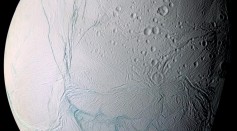
Moon of Saturn Could Provide Answers to the Search for Life Beyond Earth
Is the Galaxy Bigger Than We Thought?
Most Popular

The Role of AI in the Next Generation of Logistics: Insights from Tobias Waldhecker

Alzheimer's Treatment Drug Lecanemab Found to Increase Death Risk, New Research Shows

Cloned Black-Footed Ferret Gives Birth to Two Healthy Kits

Optimizing Complex Catalog Systems with Graph Theory and Indexing

